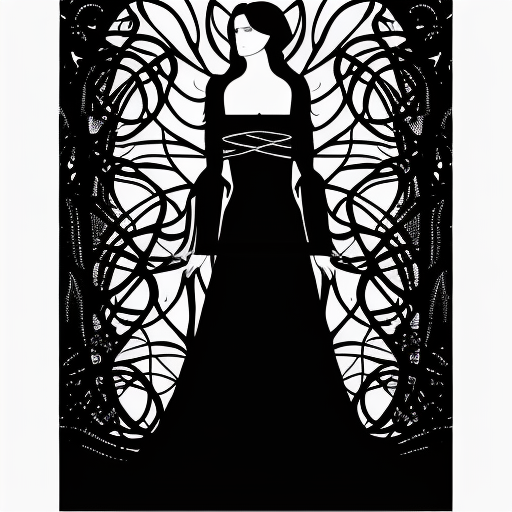One-line Summary:
A gripping tale of love, suspicion, and betrayal unfolds as a young Englishman becomes entangled with his enigmatic cousin Rachel.
The Mysterious Rachel:
My Cousin Rachel, written by Daphne du Maurier, is a captivating novel set in 19th-century Cornwall, England. The story revolves around Philip Ashley, a young Englishman who is raised by his older cousin, Ambrose. When Ambrose travels to Italy for his health, he falls in love and marries a distant cousin named Rachel. However, Ambrose’s sudden death raises suspicions in Philip’s mind, and he becomes determined to uncover the truth about his cousin’s widow.
Philip’s initial impressions of Rachel are shaped by Ambrose’s letters, which describe her as manipulative and dangerous. However, when Rachel arrives in Cornwall, Philip finds himself irresistibly drawn to her. The novel skillfully explores the complexities of their relationship as Philip oscillates between love, suspicion, and a desire for revenge.
A Web of Deception:
As Philip delves deeper into Rachel’s past, he uncovers a web of deception and conflicting emotions. He discovers that Ambrose had accused Rachel of poisoning him, leading Philip to suspect foul play. However, as he spends more time with Rachel, he begins to question his own judgment and wonders if his feelings for her are clouding his perception of the truth.
Du Maurier masterfully creates an atmosphere of ambiguity, leaving readers uncertain about Rachel’s true intentions. Is she a calculating murderer or an innocent victim of societal prejudice? The author expertly plays with the reader’s expectations, keeping them on the edge of their seat until the final pages.
A Tale of Obsession and Betrayal:
My Cousin Rachel explores themes of obsession, betrayal, and the destructive power of love. Philip’s infatuation with Rachel becomes all-consuming, blinding him to the consequences of his actions. He becomes increasingly paranoid and suspicious, driven by his desire to uncover the truth about Ambrose’s death.
The novel also delves into the limitations imposed on women in the 19th century. Rachel, as a widow, is subject to societal scrutiny and prejudice. Du Maurier highlights the constraints placed on women’s autonomy and the ways in which they navigate a patriarchal society.
Key Takeaways:
- Love and suspicion can cloud judgment and lead to destructive consequences.
- Appearances can be deceiving, and it is important to question our own biases and preconceptions.
- The societal constraints placed on women can have profound effects on their lives and choices.
“Did she love him? I think she did. But I think she loved herself more.”
– Daphne du Maurier, My Cousin Rachel
In conclusion, My Cousin Rachel is a gripping tale of love, suspicion, and betrayal. Daphne du Maurier’s skillful storytelling keeps readers guessing until the very end. The novel explores themes of obsession, deception, and the societal constraints placed on women. It serves as a reminder to question our own biases and the destructive power of unchecked emotions.












